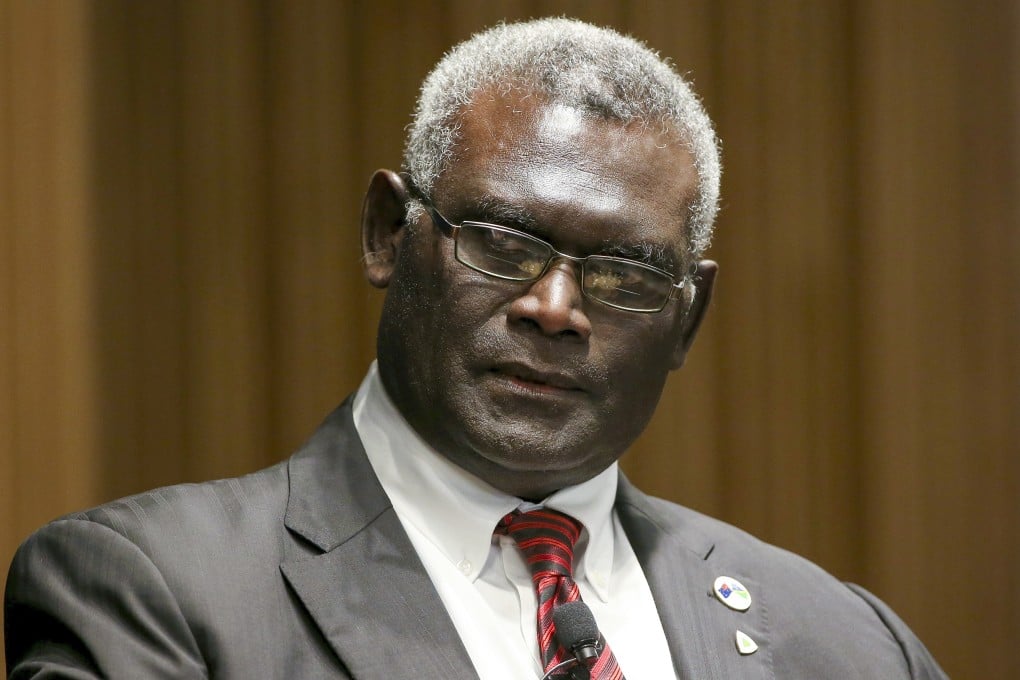China chips away at US-Australian influence in the Pacific, as Solomon Islands bans foreign naval vessels
- The Solomon Islands’ suspension of navy visits comes amid growing competition for military and economy influence in the South Pacific
- A deal between China and the Solomon Islands to build telecommunications towers in August raised concerns in Washington and Canberra

China’s financial backing for new telecommunications towers in the Solomon Islands, followed by Honiara’s ban this week on foreign naval visits, shows Beijing’s influence in the South Pacific is deepening, experts say.
The government issued the statement after a US coastguard ship and a British navy vessel reported they were unable to dock in the archipelago. Sogavare has denied the claims, saying there were delays in processing their approvals.
The decision to ban naval visits comes just weeks after China’s Huawei Technologies Co. and contractor China Harbour Engineering struck a deal with the Solomon Islands government to build 161 mobile telecoms towers for the country.
The state-backed Export-Import Bank of China will loan 448.9 million yuan (US$65 million) over 20 years at 1 per cent interest, the Solomon Islands government said in a statement earlier this month.
